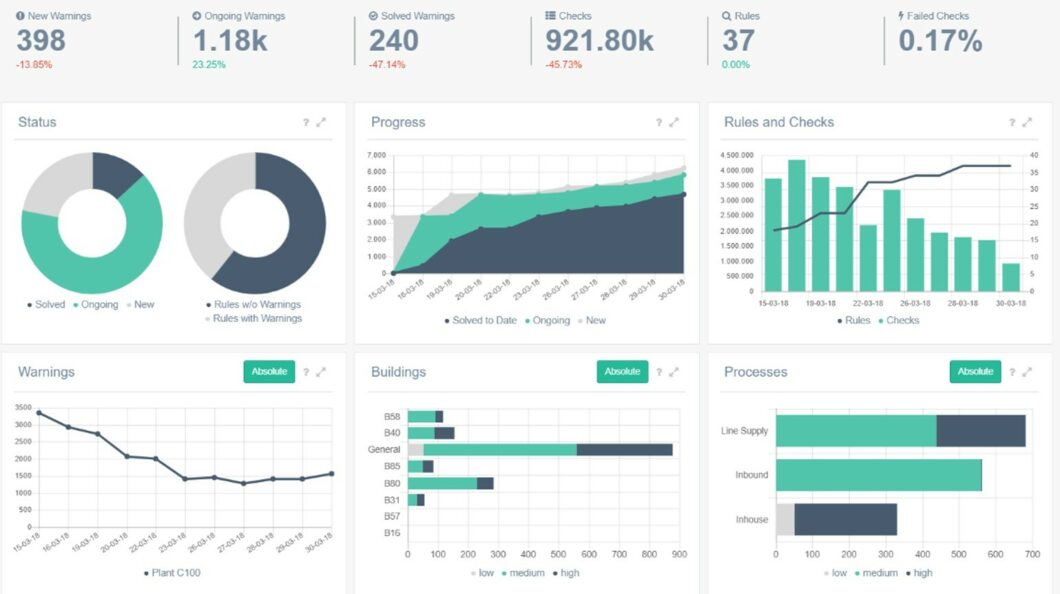

December, 2023
Ensuring good data quality is not just a technical issue; it is a business imperative. Gartner's research reveals organizations estimate a staggering average loss of $12.9 million annually due to poor data quality, a figure that underscores the fiscal impact of proper data quality control. The stories of failed large-scale IT transformation projects due to data-related issues serve as serious warnings about the costly consequences of overlooking the importance of data quality early on.
With the Data Quality Navigator, BearingPoint is offering a content-driven solution to ensure proper data quality and support businesses in safeguarding their success. Here, we draw lessons from five prominent industry mishaps to highlight the importance of what we offer.
An early integration of master data controlling, and improvement is a crucial success factor for such implementation projects. Even after go-live, it is essential to continuously monitor and improve master data quality.
Our Data Quality Navigator (DQN) is an innovative solution that offers a comprehensive approach to enhancing data quality throughout the digital transformation journey. DQN ensures the transformation of raw dat into trusted and reliable information, serving as the bedrock for robust operational processes essential for successful ERP implementations. Furthermore, its advanced analytics toolkit empowers organizations with data-driven insights for informed decision-making, improving performance and operational efficiency.

Screenshot of the Data Quality Navigator showcasing the master data dashboard.
The solution systematically identifies actionable data quality issues in a holistic data governance approach, while enabling our clients to proactively react on data issues to prevent process disruptions early on. Decision makers can track the data cleansing process using versatile management dashboards, increasing the transparency about data quality issues of an organisation. Individual findings are aggregated on the respective organizational level and decision makers can easily pin-point problematic areas, such as business processes, departments, or individual master data objects suffering from bad data.

Screenshot of the Data Quality Navigator showcasing the master data workbench.
In combination with our proven master data workbench module, identified data quality issues can be delegated easily, following clearly assigned responsibilities to improve and speed up the cleansing process. For each issue found, additional information is provided, such that data owners receive information about the inherent business risk, if the issue is not fixed in time. Each issue is identified using validation rules from our industry-proven rules repository containing over 1.500 checks that serves as a guideline for data quality best practices. The complexity of such rules ranges from missing fields to the identification of complex data quality issues, caused by data interfaced from different source systems.
Finally, it is important to follow a clear data governance approach to create structures that clearly manage data ownership and sets the right targets for the organisation. Complementing our software, our data quality experts support our clients with a proven methodology to take your organization to the next level on your digital journey. Finally, we will support you to spread the awareness about how data quality can affect the central business processes of your organisation to create a data excellence culture, which is paramount to managing modern, data-driven businesses.
The stories in this article are only a small excerpt of the vast number of companies facing costly consequences in their business due to bad data quality. They highlight the impact of poor data quality management in ERP implementations. BearingPoint's Data Quality Navigator stands as a solution to avoid repeating history, ensuring data integrity, and aligning technology with business objectives for a successful ERP transformation and continuous master data excellence to safeguard business processes after go-live.